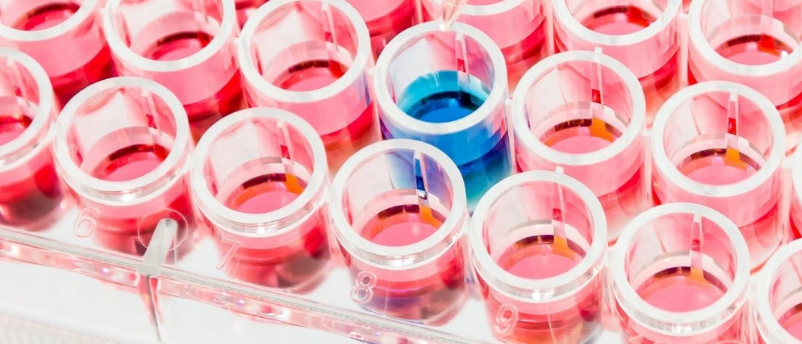Coffee Chat: Understanding COVID-19 detection, immunology and pathogenicity with ELISAs

COVID-19 has thrown ELISA testing into the spotlight and driven advances in technology allowing the process to become quicker and more accurate. While there are limits to ELISA antibody tests’ diagnostic value, there is significant value in using these tests to examine the prevalence of infection in a population. ELISA antibody testing is also key to understanding the nature of immunity and will be essential in monitoring the impact and effect of vaccines as they are rolled out, informing the future development of later vaccines.
Join us for a short and sweet discussion with Ola Winqvist, Tyler Miller and Wilfredo F. Garcia-Beltran about some of the exciting advances in ELISA methods for antibody testing and some of the future aspirations for ELISA testing in pandemic response.
What will you learn?
• Recent advances in ELISA methods for antibody testing
• The use of ELISA tests for immunology studies
• Understanding and monitoring COVID-19 pathogenicity and disease progression
• Tips for the proper use and administration of ELISA tests
• Future aspirations for ELISA testing in pandemic response
Who may this interest?
• Immunologists
• Diagnostic researchers
• Microbiologists and virologists
• Translational biologists
Speakers

Ola Winqvist
Professor, Senior Consultant, Medical Director
ABClabs and Biomedicum (Stockholm, Sweden)
Ola Winqvist is the medical director of ABClabs (Stockholm, Sweden), a government supportive laboratory conducting 20% of all SARS-CoV-2 testing in Sweden. He is a professor of cellular immunotherapy and previously was a senior consultant in clinical immunology at the Karolinska University Hospital (Solna, Sweden). He was responsible for autoimmunity testing and whole-genome sequencing of primary immunodeficiency cases.

Tyler Miller
Clinical pathologist
Massachusetts General Hospital and the Broad Institute of MIT and Harvard (MA, USA)
Tyler Miller is a board-certified clinical pathologist and research fellow in pathology at Massachusetts General Hospital (MGH; MA, USA) and Harvard Medical School (MA, USA). During the COVID-19 pandemic, Tyler played a key role in developing and validating antibody assays to SARS-CoV-2 at Massachusetts General Hospital, and helped deploy these assays to test people in the community. Tyler is currently conducting postdoctoral research in the laboratory of Dr. Bradley Bernstein with the goal of discovering effective immunotherapies for brain tumors.
 Wilfredo F. Garcia-Beltran
Wilfredo F. Garcia-Beltran
Physician-scientist
Massachusetts General Hospital (MGH), Ragon Institute of MGH, MIT, and Harvard (MA, USA)
Wilfredo F. Garcia-Beltran is a Puerto Rican physician-scientist that is currently finishing residency training in clinical pathology at MGH and is starting his own research group at the Ragon Institute of MGH, MIT, and Harvard. Wilfredo was born and raised in Puerto Rico and obtained a bachelor’s degree in chemistry from the University of Puerto Rico-Río Piedras (UPR-RP). He subsequently completed a bi-institutional MD/PhD program at Harvard Medical School and MIT under the Health, Science, and Technology curriculum. His doctoral research focused on the role of natural killer (NK) cells in controlling infection with HIV.
During his residency training in clinical pathology and fellowship training in transfusion medicine, the COVID-19 pandemic occurred and Wilfredo focused on the development, validation, and deployment of commercially available and in-house SARS-CoV-2 serology tests in addition to molecular testing, resulting in two publications in FASEB J and Arch. Pathol Lab Med. In addition, he collaborated with several basic research labs to study the relationship between neutralizing antibodies and disease severity, as well as the effect of novel SARS-CoV-2 variants of concern on vaccine-induced neutralizing immunity, resulting in two publications in Cell. Currently, he continues performing clinical work in transfusion medicine as well as mentoring and education for underrepresented minorities, and his research group will focus on understanding NK-cell biology and how NK cells recognize cancerous cells and cells infected with viruses like HIV and SARS-CoV-2.
This webinar was recorded on Thursday 9th December 2022
In association with
